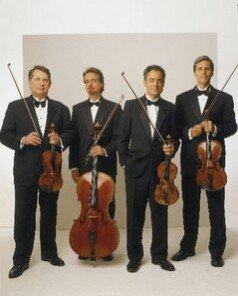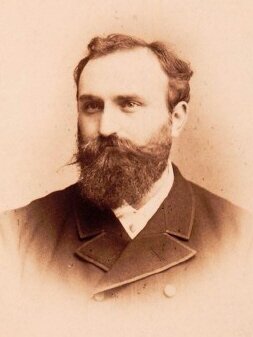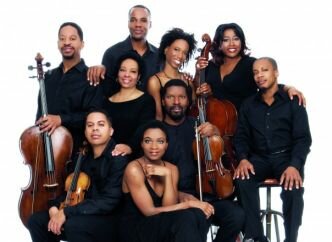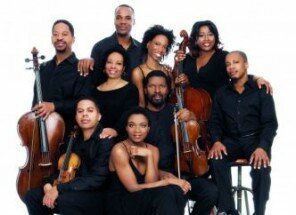It looks like April is the Month of the Symphony in Seattle. Our calendar is full of concerts featuring some of classical music’s most beloved works of the symphonic genre. Composers represented include many of the classical greats. Symphonies by Mozart, Mahler, Prokofiev, Mendelssohn, and Shostakovich will all be heard in Seattle in April. No matter what style or time period you prefer, the symphony is a winning bet this month. Head to a local concert venue to brush up on your favorites, sample new works, and revel in the glorious orchestral sound.
Apr. 5 – 7 — Acclaimed pianist John Lill joins the Seattle Symphony for a performance of Mozart’s Piano Concerto No. 24. Also on the program is Mahler’s Symphony No. 1.

Apr. 12 – 14 — Contemporary Australian dance ensemble Chunky Move makes their Seattle debut at University of Washington’s Meany Hall.
Apr. 17 — The legendary Emerson String Quartet returns to Seattle with a program of late Mozart string quartets.
Apr. 19 & 21 — Seattle Symphony performs Dukas’ beloved work, The Sorcerer’s Apprentice. Also on the program is Ravel’s Piano Concerto in G major, featuring pianist Simon Trpčeski.
Apr. 20 — Local pianists Tiffany Lin and Adrienne Varner present the world premiere of Kyle Gann’s Implausible Sketches. Also on the program are works by Erik Satie, Janice Gitek, György Kurtág, and Arvo Pärt.
Apr. 21 — Travel back in time to the days of Alexander the Great. The Early Music Guild presents Boston Camerata in “Alexander the Great: Hero, Warrior, and Lover”, a collaborative concert with Turkish music ensemble Dünya.
Apr. 26 — Contemporary music ensemble Alarm Will Sound performs a blend of classical and pop-influenced works at Town Hall.
Apr. 26 & 28 — Gerard Schwarz returns to conduct the Seattle Symphony in a program of works by Prokofiev and Mendelssohn [With “famed pianist Alexander Toradze,” adds reader Evelyn–ed.].
Apr. 27 – 29 — Cellist David Requiro joins Northwest Sinfonietta in a performance of Saint-Saëns’ Cello Concerto No. 1 alongside symphonies by Prokofiev and Mendelssohn.
Apr. 28 – 29 — Auburn Symphony presents a diverse program of works by Prokofiev, Vaughan Williams, Shostakovich, and Elgar.




